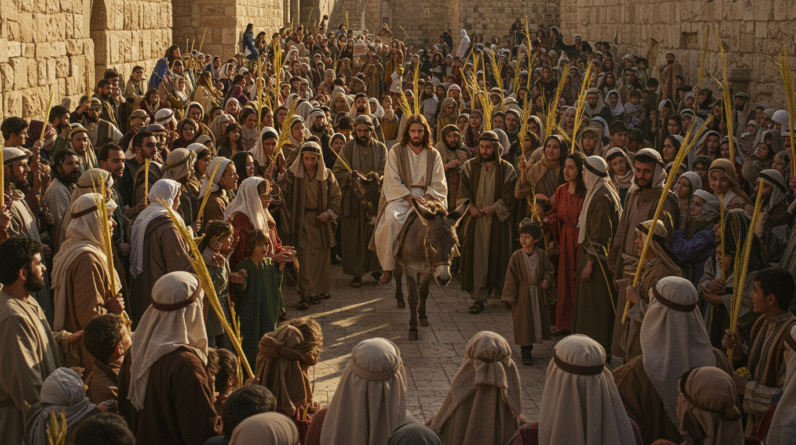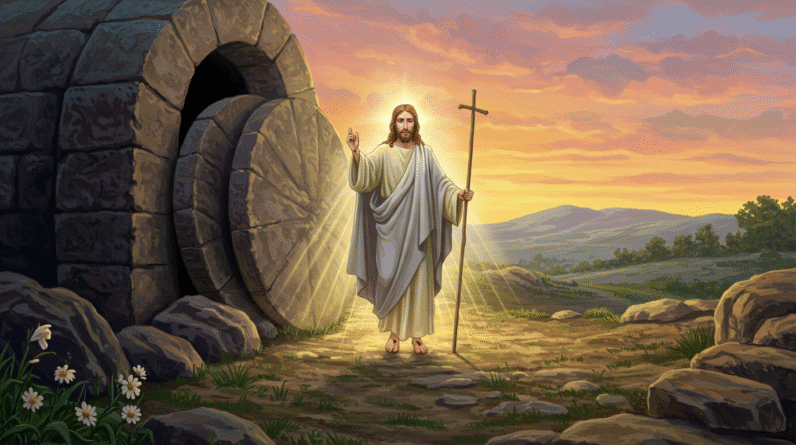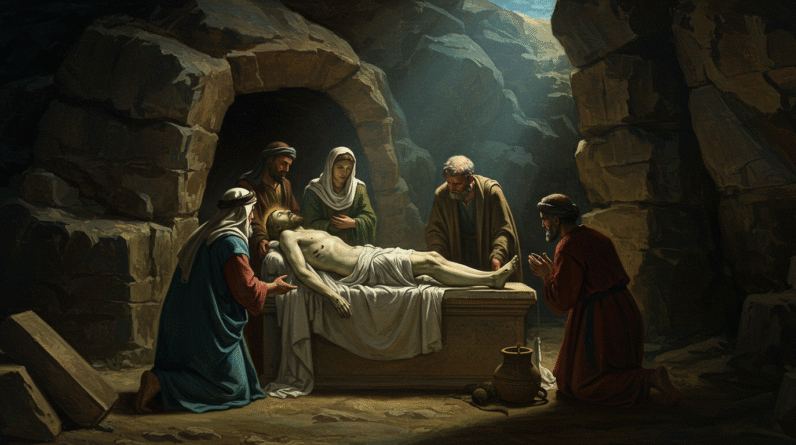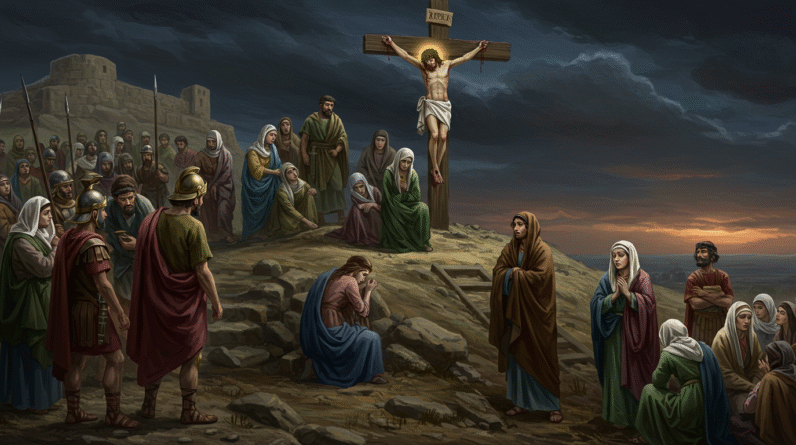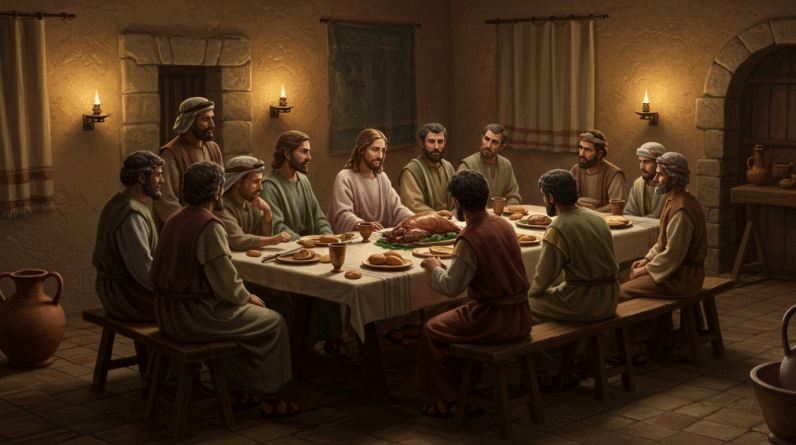🧼Holy Monday: Cleansing Of The Temple – Matthew 21:12–13
Introduction
Have you ever wondered why the Monday before Easter is called “Holy Monday”? It’s a name that might slip through the cracks compared to more prominently celebrated days like Good Friday and Easter Sunday. But Holy Monday has a certain vibrancy and significance that echoes through time and Scripture. It’s about flipping tables—literally and figuratively—and reevaluating what we’ve considered normal, breaking down barriers that have somehow become sacred cows in our routines. Sounds pretty dramatic, right? Well, it is, and it all starts in the temple of Jerusalem, with Jesus at the center.
Verse Reference
To delve into this, let’s crack open the Bible right to the heart of this scene.
Matthew 21:12–13 (NIV):
“Jesus entered the temple courts and drove out all who were buying and selling there. He overturned the tables of the money changers and the benches of those selling doves. ‘It is written,’ he said to them, ‘My house will be called a house of prayer, but you are making it “a den of robbers.”'”
The Context of Holy Week
Holy Week is a time of palpable tension and sacred anticipation. Spanning from Palm Sunday to Easter Sunday, it captures the final days of Jesus’ earthly life. Each day brings its own set of symbolisms and events that cascade into the resurrection celebration. Palm Sunday often steals the spotlight with its jubilant ‘Hosannas,’ while Good Friday silences us in somber reflection. Yet, Holy Monday invites a moment to slow down, to witness something transformative—not through exaltation or mourning, but through the unsettling act of cleansing.
The Temple as a Centerpiece
Now, picture this: the Temple in Jerusalem wasn’t just any old building. It was the epicenter of religious, economic, and social life. Imagine arriving at your local place of worship only to be greeted by the buzz of commerce—people bartering, animals being sold for sacrifices, and money changers ready to swap your currency for temple coins. It’s a community market mashed into a sacred space. For many, this scene had become ordinary, a normal part of temple life. But was it supposed to be?
The Act of Cleansing
What Jesus did in the Temple wasn’t a mere act of rage or disdain for these economic activities. It was an assertion, a cry for the purity of purpose—a refocusing on what the Temple was intended to be: a house of prayer, intimacy, and reverence. Think of it less as an angry outburst and more as a course correction.
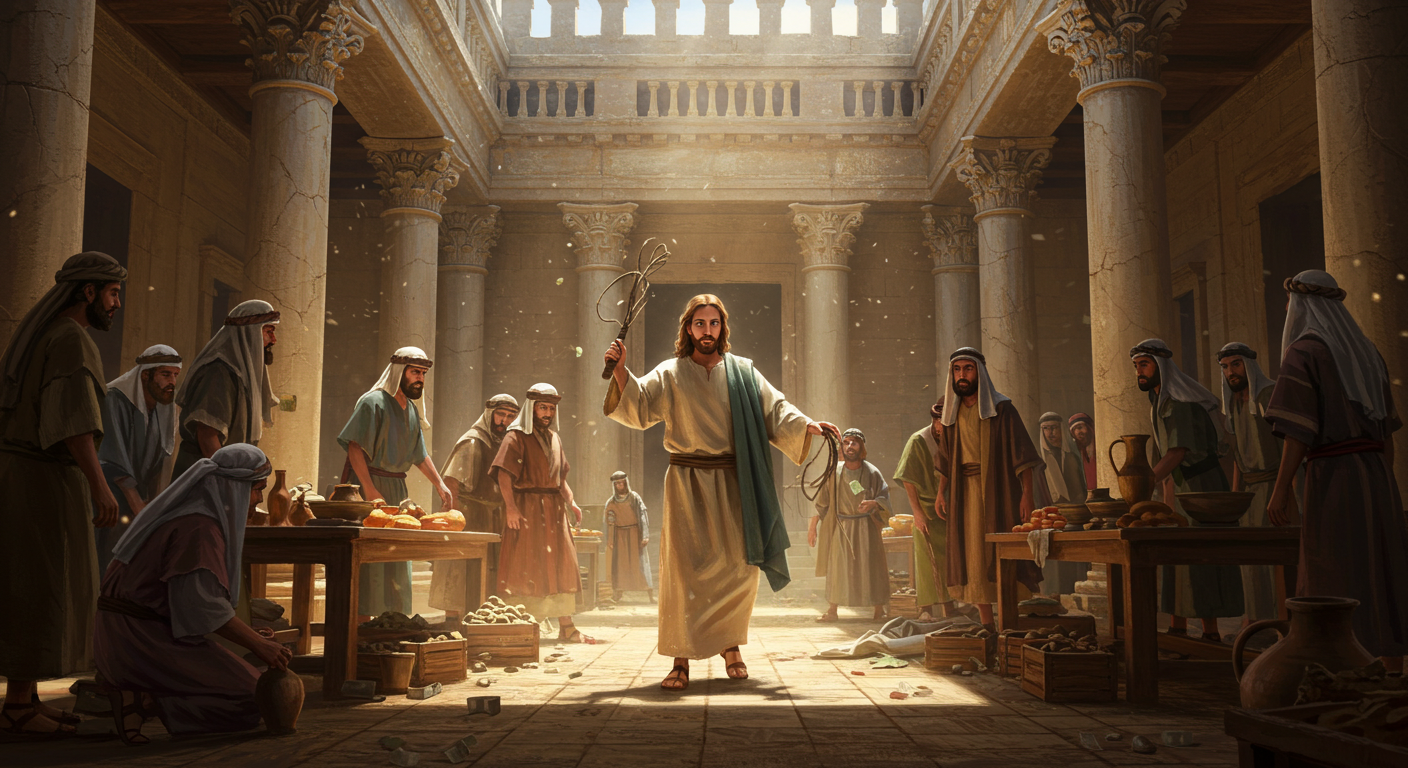
Flipping Tables: A Symbolic Gesture
Now, let’s dive into the specifics of His actions—overturning tables and driving out merchants. It wasn’t just rebellion for rebellion’s sake. This act was a strong visual metaphor for clearing away superficial layers and misaligned priorities. Picture it: the ruckus and commotion as tables crash, coins scatter, and doves flutter, forcing everyone in the vicinity to pause and consider their place in this marketplace of faith.
Motivations for a Messy Metaphor
You might wonder, why use such a messy metaphor? Jesus aimed to jolt the people out of complacency. Essentially, He wanted them to confront what they had either accepted or ignored. This gesture speaks volumes, echoing back to Old Testament prophecies and reiterating God’s constant call for purity of faith over ritualistic obedience.
What Holy Monday Means for Us Today
Fast forward to today. Does Holy Monday have anything to say to your life, nestled in centuries of tradition and theology? Absolutely. At its core, this day is a call to introspection and transformation. What tables need flipping in your life? What sacred spaces have inadvertently become areas of convenience rather than consecration?
Personal Reflection and Cleansing
As we live our lives, we accumulate routines, beliefs, and systems that need revisiting. Maybe it’s a mindset, a relationship, or a habit that needs realignment with your core values. Here lies the essence of Holy Monday: it advocates for a self-check, intending to cleanse not just physical spaces but our inner spiritual landscapes too. Take a moment this week to identify those areas in your life that might need their own ‘cleansing.’ Rediscover your ‘house of prayer,’ however, that may manifest for you—be it through meditation, intentionality, or plain old honesty.
The Larger Picture: Society and Community
Beyond personal transformation, Holy Monday beckons us to consider collective systems and structures. Our shared spaces—our communities, institutions, and workplaces—can also benefit from a metaphorical table-flipping from time to time. Are we upholding environments that contribute to collective well-being, or have some practices become ‘dens of robbers,’ prioritizing control, exclusion, or profit over true communal worship, equity, and freedom?
Conclusion
Holy Monday, with its narrative of disrupted normalcy, extends its legacy as both a personal and communal call to action. It’s a day steeped in the hope of transformation, a promise that cleansing leads to renewal. So, as you navigate this Holy Week, let the spirit of Holy Monday accompany you: pause, reflect, and consider where you need to tip those proverbial tables in your life. This isn’t merely about upheaval but renewal.
As a ClickBank Affiliate, I earn from qualifying purchases.
Acknowledgment: All Bible verses referenced in this article were accessed via Bible Gateway (or Bible Hub).
“Want to explore more? Check out our latest post on Why Jesus? and discover the life-changing truth of the Gospel!”




